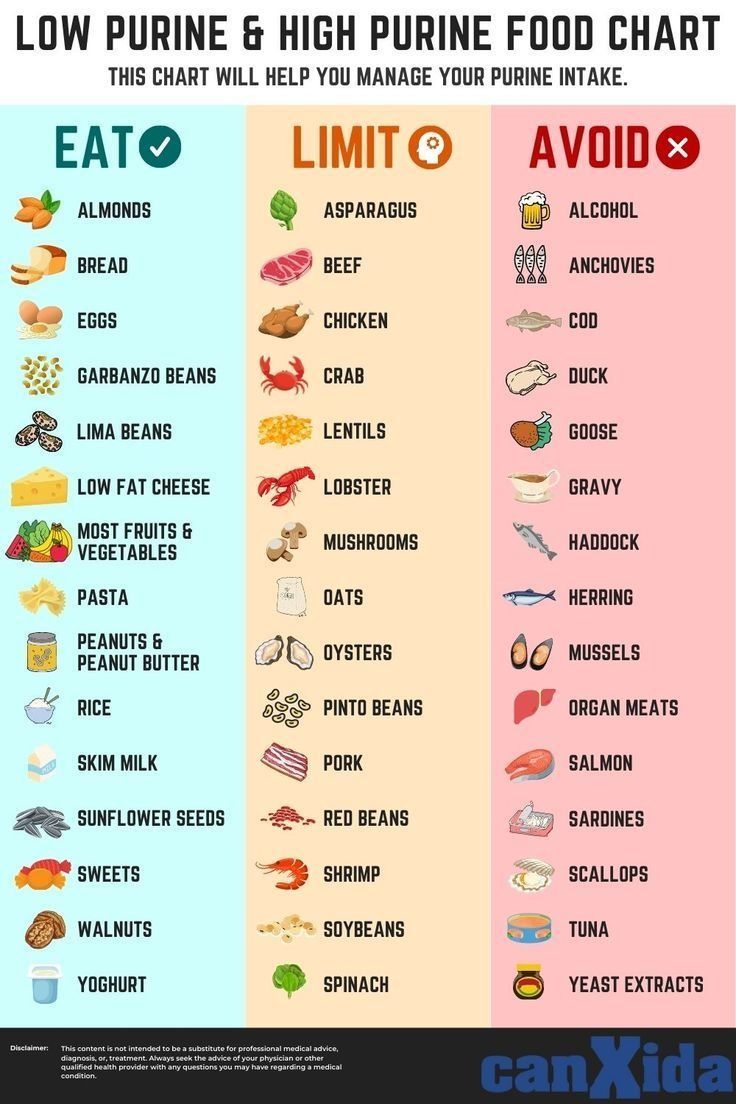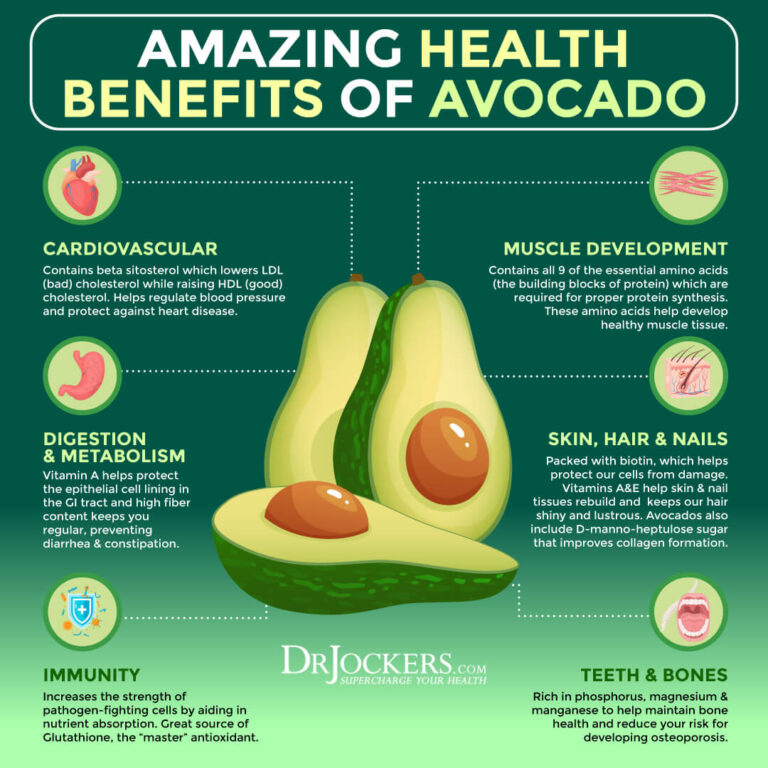The Power of ‘Enough’: Listening to Your Body for Sustainable Eating
In a world obsessed with more – more productivity, more possessions, more experiences – the concept of "enough" often feels like a relic from a bygone era. We are constantly barraged by messages that tell us we are lacking, that we need to optimize, to strive, to push beyond our limits. This relentless pursuit of "more" has seeped into every corner of our lives, perhaps most insidiously into our relationship with food. We live in an age of diet culture, where external rules, calorie counts, and "superfoods" dictate our plates, promising a perfect body and optimal health, yet often leaving us feeling perpetually hungry, confused, and disconnected from our own innate wisdom.
But what if the true path to sustainable health, genuine satisfaction, and a peaceful relationship with food lay not in the pursuit of "more," but in the profound wisdom of "enough"? What if the most revolutionary act we could undertake in our eating lives was to simply listen – truly listen – to the subtle, powerful signals our bodies send us? This is not a new diet; it is a homecoming, a reclamation of an ancient, intuitive intelligence that we have largely forgotten.
The Lure of the External: How We Lost Our Way
For millennia, humans ate instinctively. Our ancestors didn’t count calories, track macros, or adhere to strict eating windows. They ate when hungry, rested when tired, and moved in ways that felt natural. Their survival depended on an acute awareness of their internal landscape, a finely tuned biofeedback system that told them what their bodies needed to thrive in often harsh environments.
Fast forward to the 21st century. Our relationship with food has been profoundly reshaped by industrialization, scientific reductionism, and the relentless marketing machinery of the diet industry. Food became more than sustenance; it became a moral battleground, a source of anxiety, and a metric for self-worth.
The narrative goes something like this: "Your body cannot be trusted. It will betray you with cravings, lead you to excess, and prevent you from achieving your ideal self. Therefore, you must outsource control. Follow this plan, eat these foods, avoid those, and you will be saved." This insidious message, delivered by countless diets, celebrity endorsements, and even well-meaning health gurus, has created a pervasive culture of distrust between us and our own bodies.
We learn to ignore the rumblings of genuine hunger, substituting them with predetermined meal times or arbitrary calorie limits. We override the signals of gentle fullness, either because we’ve been taught to "clean our plate," or because we fear we won’t get "enough" later, or simply because the food tastes good and we’ve lost touch with the difference between physical pleasure and physical need. We label foods as "good" or "bad," creating a mental prison of guilt and deprivation that often leads to cycles of restriction and subsequent overeating – a classic physiological response to perceived starvation.
This external locus of control is a deeply unsustainable model. It creates a constant state of cognitive dissonance, where our rational mind battles our primal instincts. It drains mental energy, fuels shame, and ultimately divorces us from the very sensations that are meant to guide us towards health and well-being. We become perpetual students of diet dogma, forever searching for the next perfect plan, instead of becoming masters of our own unique physiology.
Reclaiming the Inner Compass: The Science and Philosophy of ‘Enough’
The journey back to "enough" is a journey inward, a process of recalibrating our internal compass. It begins with a fundamental shift in perspective: from viewing our bodies as problems to be managed, to seeing them as wise allies whose signals, when properly attended to, can lead us to profound insights and sustainable health.
At the heart of this reconnection lies interoception – our eighth sense. Beyond sight, sound, touch, taste, smell, balance, and proprioception (awareness of our body in space), interoception is the perception of sensations from within the body. It’s how we sense our heart beating, our lungs expanding, our bladder filling, and crucially, our hunger and fullness cues. Research shows that a strong interoceptive awareness is linked to better emotional regulation, self-awareness, and overall well-being. When we ignore our hunger and fullness, we diminish our interoceptive capacity, dulling our ability to tune into other vital bodily signals.
Listening to "enough" is not a simplistic instruction to "just eat when you’re hungry and stop when you’re full." It’s a nuanced, dynamic process that involves several layers of awareness:
-
The Hunger-Fullness Scale: This isn’t a binary switch; it’s a spectrum. Imagine a scale from 1 (ravenous, weak, dizzy) to 10 (stuffed, nauseous). The goal isn’t to hit 1 and then bounce to 10. It’s to tune into the gentle stirrings of hunger around a 3 or 4 (a pleasant emptiness, thoughts of food) and stop eating around a 6 or 7 (comfortably satisfied, no longer hungry, but not uncomfortably full). This requires slowing down, checking in during the meal, and being honest about how the food is landing in your body.
-
Physical vs. Emotional Hunger: This is a critical distinction. Physical hunger builds gradually, can be satisfied by any food, and results in a feeling of satiety. Emotional hunger, on the other hand, often strikes suddenly, feels urgent, craves specific comfort foods, and even after eating, can leave a sense of dissatisfaction or guilt because the underlying emotional need hasn’t been met. Learning to pause and ask, "Am I physically hungry, or am I seeking comfort, distraction, or stimulation?" is a powerful act of self-awareness.
-
Sensory and Experiential Satisfaction: "Enough" isn’t just about the physical feeling of a full stomach. It’s also about sensory satisfaction. Are you truly enjoying the food? Is it flavorful, textured, and appealing? Eating mindlessly, while distracted, often leads to eating past physical fullness because the brain hasn’t registered the pleasure or the experience of the meal. When we savor each bite, paying attention to aroma, texture, and taste, we often find ourselves satisfied with less. This also extends to the social and cultural aspects of eating – sharing a meal with loved ones, celebrating, or simply enjoying the ritual can contribute significantly to a sense of "enough."
-
Nutritional Wisdom (Gentle Nutrition): Once you’ve re-established a baseline of listening to your body’s hunger and fullness cues, the concept of "gentle nutrition" can enter the picture. This isn’t about rigid rules, but about understanding that your body generally wants to feel good. It craves a variety of nutrients to function optimally. When you’re truly attuned, you might notice your body guiding you towards certain foods – a craving for fresh fruit when you’re feeling sluggish, or a desire for something warm and grounding on a cold day. This intuitive nutritional wisdom emerges once the noise of diet culture and the fear of deprivation have subsided. It’s not about perfection; it’s about providing your body with what it needs to feel energized and vibrant, without judgment or obsession.
The Journey of Reconnection: Practical Steps and Mindset Shifts
Embracing the power of "enough" is not a switch you flip; it’s a practice, a continuous dialogue with your body that deepens over time. It requires patience, self-compassion, and a willingness to unlearn years, if not decades, of conditioning.
-
Dismantle the Food Rules: This is often the hardest and most liberating step. Identify the "shoulds" and "shouldn’ts" you carry around food. "I shouldn’t eat carbs after 6 PM." "I must eat breakfast." "Dessert is bad." Challenge these rules. Ask yourself: "Where did this rule come from? Is it serving my body, or is it causing anxiety and restricting my choices?" Experiment with gentle rebellion. Allow yourself a "forbidden" food in a mindful way, observing your body’s actual response without judgment. Often, the power these foods hold diminishes when they are no longer restricted.
-
Practice Mindful Eating: This is the cornerstone of listening.
- Slow Down: Put your fork down between bites. Take deep breaths.
- Engage Your Senses: Notice the colors, aromas, textures, and flavors. Chew thoroughly.
- Check In: Periodically throughout the meal, ask yourself: "How am I feeling? Am I still hungry? Am I satisfied? Am I enjoying this?"
- Minimize Distractions: Turn off the TV, put away your phone. Make eating a dedicated act, not a secondary activity.
-
Honor Your Hunger (and Your Fullness): When you feel the first signs of hunger, aim to eat something. Don’t let yourself get to a state of ravenousness, which often leads to overeating. Conversely, when you feel satisfied, gently push away your plate, even if there’s food left. This takes practice, especially if you’ve been conditioned to finish everything. Remind yourself that food will always be available later.
-
Address Emotional Eating with Curiosity, Not Judgment: When you find yourself reaching for food out of boredom, stress, sadness, or joy, pause. Instead of shaming yourself, get curious. "What emotion am I feeling right now? What do I really need? Is food truly the answer, or is there another way to meet this need?" This might involve calling a friend, going for a walk, listening to music, or simply sitting with the emotion. This isn’t about eliminating emotional eating entirely (food can be comforting!), but about making conscious choices and having a wider repertoire of coping strategies.
-
Cultivate Self-Compassion: The journey to "enough" is rarely linear. There will be days when you overeat, days when you feel disconnected, days when the old diet voices creep back in. This is normal. Instead of spiraling into self-criticism, offer yourself kindness. Acknowledge the difficulty, learn from the experience, and gently recommit to the practice. Think of yourself as a child learning to walk – you wouldn’t scold them for falling; you’d encourage them to try again.
-
Create a Supportive Environment: Your physical and social environment play a huge role. Stock your kitchen with a variety of foods that you enjoy and that make you feel good. Minimize highly processed, hyper-palatable foods that are designed to override your natural satiety signals. Surround yourself with people who support your intuitive eating journey, rather than those who reinforce diet mentality.
‘Enough’ as a Foundation for Broader Sustainability
The power of "enough" extends far beyond our personal plates. When we learn to listen to our bodies, we cultivate a deeper sense of presence, gratitude, and respect – qualities that are essential for fostering a truly sustainable relationship with the planet.
-
Personal Sustainability: For an individual, "enough" means freedom from the mental anguish of chronic dieting, the energy drain of food obsession, and the physical toll of restrictive eating patterns. It leads to a stable, healthy weight that is natural for your body, not an arbitrary number dictated by external ideals. It fosters genuine self-care, resilience, and a deeper connection to your own vitality. This is sustainable health – a way of eating that you can comfortably maintain for a lifetime, without burning out or feeling deprived.
-
Ecological Sustainability: When we eat mindfully and listen to "enough," we naturally reduce food waste. We become more discerning consumers, less susceptible to marketing ploys that encourage over-purchasing and excess. We appreciate the resources that went into producing our food – the soil, the water, the labor – and are less likely to treat it carelessly. A mindset of "enough" fosters a more thoughtful approach to consumption overall, challenging the relentless drive for "more" that underlies so many environmental crises. It encourages us to ask: "Do I truly need this? Is this sustainable for the planet, as well as for my body?"
-
Societal Implications: Imagine a society where people are largely free from food anxiety, body image issues, and the burden of diet culture. What kind of collective energy would be unleashed? A focus on "enough" can challenge the consumerist ethos that drives so much of our modern world. It encourages contentment, appreciation for what we have, and a deeper understanding of true abundance, which is often found not in accumulation, but in balance and presence.
The Quiet Revolution of ‘Enough’
The journey to embrace the power of "enough" is a quiet revolution. It’s not about grand gestures or dramatic transformations, but about subtle shifts in awareness, gentle acts of self-care, and a steadfast commitment to listening. It is a radical act of self-trust in a world that constantly tells us to doubt ourselves.
It means understanding that your body is not a machine to be optimized, but a living, breathing, sensing organism with an incredible capacity for self-regulation and healing. It means realizing that true nourishment comes not just from the nutrients in your food, but from the presence with which you eat it, the joy you find in it, and the peace you cultivate around it.
The power of "enough" is the power of liberation. Liberation from external rules, from shame and guilt, from the endless cycle of dieting, and from the relentless pursuit of an elusive ideal. It is the power to reclaim your innate wisdom, to truly inhabit your body, and to forge a relationship with food that is rooted in respect, intuition, and sustainable well-being.
So, take a breath. Tune in. What is your body whispering to you right now? What would it feel like to truly listen, to truly trust, and to discover the profound, liberating power of your own "enough"? The journey begins, one mindful bite at a time.






